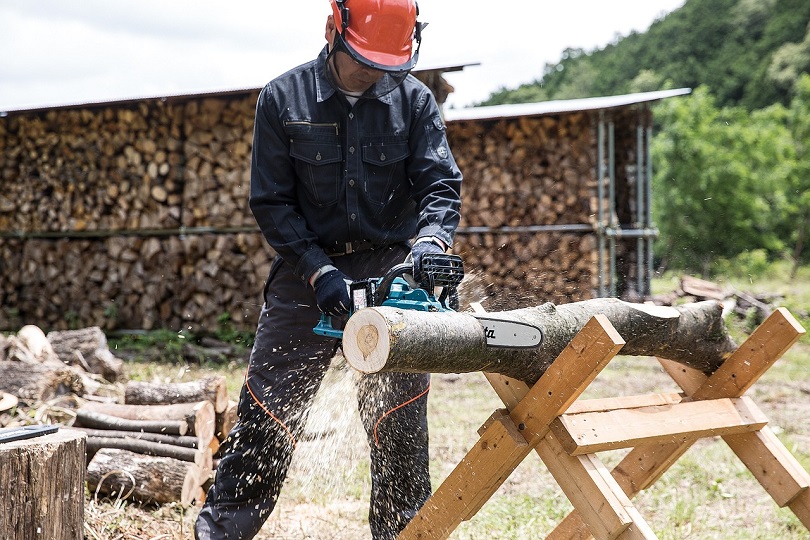In every workplace, the safety and well-being of employees should be of utmost priority. Employers have a responsibility to ensure that appropriate safety measures are in place to protect their workforce from potential hazards. Among these measures, Personal Protective Equipment (PPE) plays a vital role. PPE refers to specialised gear worn by workers to minimise the risks associated with their specific job tasks. This article explores the significance of PPE in safeguarding employees, preventing workplace injuries, and creating a culture of safety.
Preventing Workplace Injuries:
Personal Protective Equipment acts as a shield against various workplace hazards, reducing the likelihood of injuries and accidents, and as well by avoiding injuries, the insurance costs and fees will be maintained on a very low limit. By wearing PPE, workers can safeguard themselves from potential dangers such as falling objects, chemical splashes, exposure to harmful substances, excessive noise, or even physical injuries due to heavy machinery. For instance, construction workers wearing hard hats protect themselves from head injuries caused by falling debris. Similarly, safety goggles shield the eyes of laboratory technicians from chemical spills and flying particles.
Moreover, PPE plays a critical role in reducing the severity of injuries. When used correctly, protective gear like gloves, steel-toed boots, and protective clothing can minimize the impact of accidents. These measures can prevent burns, lacerations, fractures, and other injuries that may have long-term consequences for workers’ health and well-being.
Creating a Culture of Safety:
Implementing a robust PPE program not only protects employees physically but also fosters a culture of safety within the workplace. When PPE becomes an integral part of daily operations, it sends a clear message to employees that their safety matters. This, in turn, encourages workers to prioritize safety and take ownership of their well-being.
Moreover, a culture of safety cultivated through PPE usage can lead to increased productivity. When employees feel safe and confident in their work environment, they are more likely to focus on their tasks without the distraction of potential hazards. The peace of mind that comes from knowing they are protected allows workers to be more efficient and engaged in their work, leading to enhanced overall performance.

Legal and Ethical Obligations:
In many jurisdictions, employers have legal obligations to provide PPE to their workers. Legislation and regulations are in place to ensure that employers meet the required safety standards and protect their workforce from harm. Failing to comply with these obligations can result in penalties, legal liabilities, and reputational damage.
Beyond legal obligations, employers have an ethical responsibility to prioritise employee safety. Companies that invest in comprehensive PPE programs demonstrate their commitment to employee welfare and human rights. By providing the necessary equipment and training, employers show respect for their employees’ lives and well-being, enhancing employee morale and loyalty.
Personal Protective Equipment is an essential aspect of workplace safety, protecting employees from a range of hazards and preventing injuries. Through the use of PPE, employers demonstrate their commitment to creating a safe work environment and fostering a culture of safety. Furthermore, complying with legal requirements and ethical obligations regarding PPE not only safeguards employees but also enhances the reputation and overall success of an organisation.
Remember, the proper selection, use, maintenance, and training related to personal protective equipment are crucial for its effectiveness. By implementing and promoting a comprehensive PPE program, employers can ensure the well-being of their employees while reaping the benefits of increased productivity and employee satisfaction. HSE Smart Solutions can prioritize workplace safety by embracing the significance of PPE as a cornerstone of a healthy and secure work environment.
